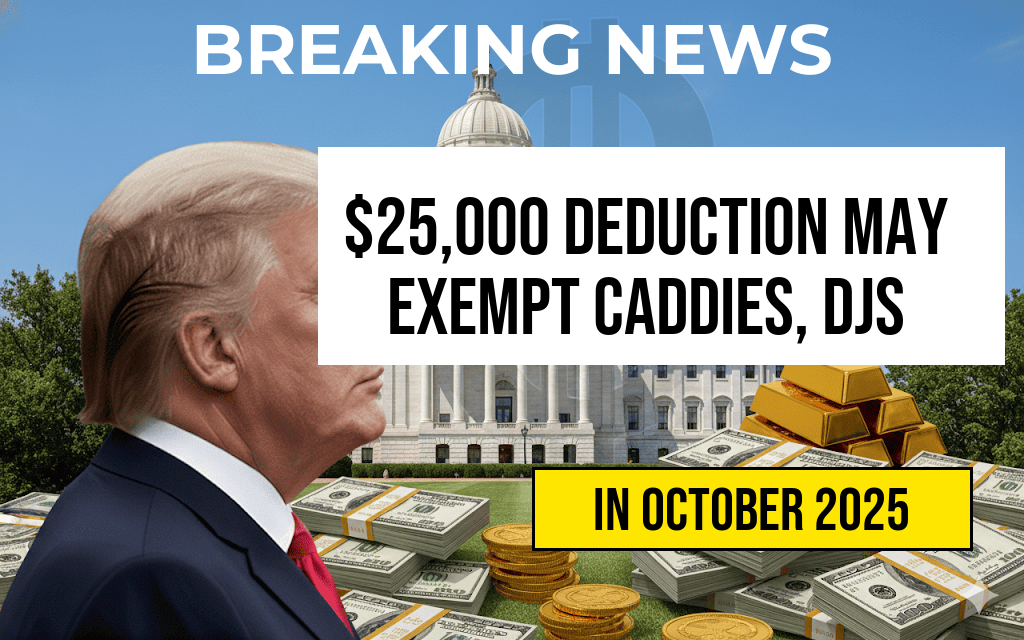Florida’s recently enacted minimum wage increase to $14 per hour is set to have a significant impact on the earnings of full-time workers across the state. Effective from September 30, 2023, this adjustment marks a crucial step in a series of planned increases aimed at reaching a $15 minimum wage by 2026. For full-time employees, this change translates to an annual earnings boost of approximately $2,080, providing much-needed financial relief amid rising living costs and inflation. Advocates argue that this increase will benefit not only workers but also the broader economy by increasing consumer spending and reducing poverty levels.
Details of the Minimum Wage Increase
The latest increase is part of Florida’s commitment to gradually raise the minimum wage. This initiative was originally approved through a constitutional amendment in 2020, aiming to improve the financial standing of workers in a state where the cost of living has been steadily rising. The timeline for these increases is as follows:
| Year | Minimum Wage |
|---|---|
| 2021 | $10.00 |
| 2022 | $11.00 |
| 2023 | $14.00 |
| 2024 | $15.00 |
Economic Implications
The increase to $14 per hour is expected to have far-reaching implications for both employees and the economy. For many workers, particularly in the hospitality, retail, and service industries, the wage hike represents a crucial lifeline. A full-time worker at $14 per hour will earn $29,120 annually, compared to $27,040 at the previous rate of $12 per hour.
Benefits for Workers
- Increased disposable income: The additional $2,080 in annual earnings can significantly enhance the ability of workers to meet their basic needs, including housing, food, and healthcare.
- Reduction in poverty levels: Higher wages can lead to improved living standards for low-income families, ultimately contributing to a decrease in poverty rates.
- Stimulus for local economies: As workers have more disposable income, they are likely to spend more on goods and services, benefiting local businesses and potentially leading to job growth.
Challenges Ahead
Despite the positives, some business owners and economists have raised concerns regarding the potential challenges that come with the wage increase. Critics argue that:
- Increased operational costs: Employers may face higher labor costs, which could lead to increased prices for consumers or reduced hiring.
- Job displacement: Small businesses, in particular, may struggle to meet the new wage requirements, risking layoffs or reduced hours for employees.
Public Opinion and Future Outlook
The public response to the wage increase has been mixed. Supporters, including labor unions and advocacy groups, argue that it is a necessary step towards economic equity. Conversely, some business organizations express concerns about the long-term impacts on employment and business sustainability.
As Florida’s economy continues to evolve, the implications of this wage increase will be closely monitored. Various studies have shown that states with higher minimum wages often see positive outcomes in terms of worker satisfaction and retention, though the unique economic landscape of Florida adds complexity to these findings. For further insights into the effects of minimum wage laws, readers can refer to studies from Forbes and Wikipedia.
As the state approaches the final goal of a $15 minimum wage by 2026, the ongoing debate will likely shape not only the lives of Florida’s workers but also the economic landscape of the state as a whole.
Frequently Asked Questions
What is the new minimum wage in Florida?
The new minimum wage in Florida is $14 per hour.
How much will full-time workers earn annually with the new minimum wage?
Full-time workers could see an increase of $2,080 in their annual earnings due to the new minimum wage.
When will the new minimum wage take effect?
The new $14/hour minimum wage in Florida is scheduled to take effect on a specific date set by state officials.
Who will benefit from the increase in minimum wage?
The increase in minimum wage will benefit full-time workers earning at or below the previous wage threshold.
How does the new minimum wage compare to previous rates in Florida?
The $14/hour minimum wage represents a significant increase compared to previous rates, aiming to improve the financial situation of low-wage earners.






